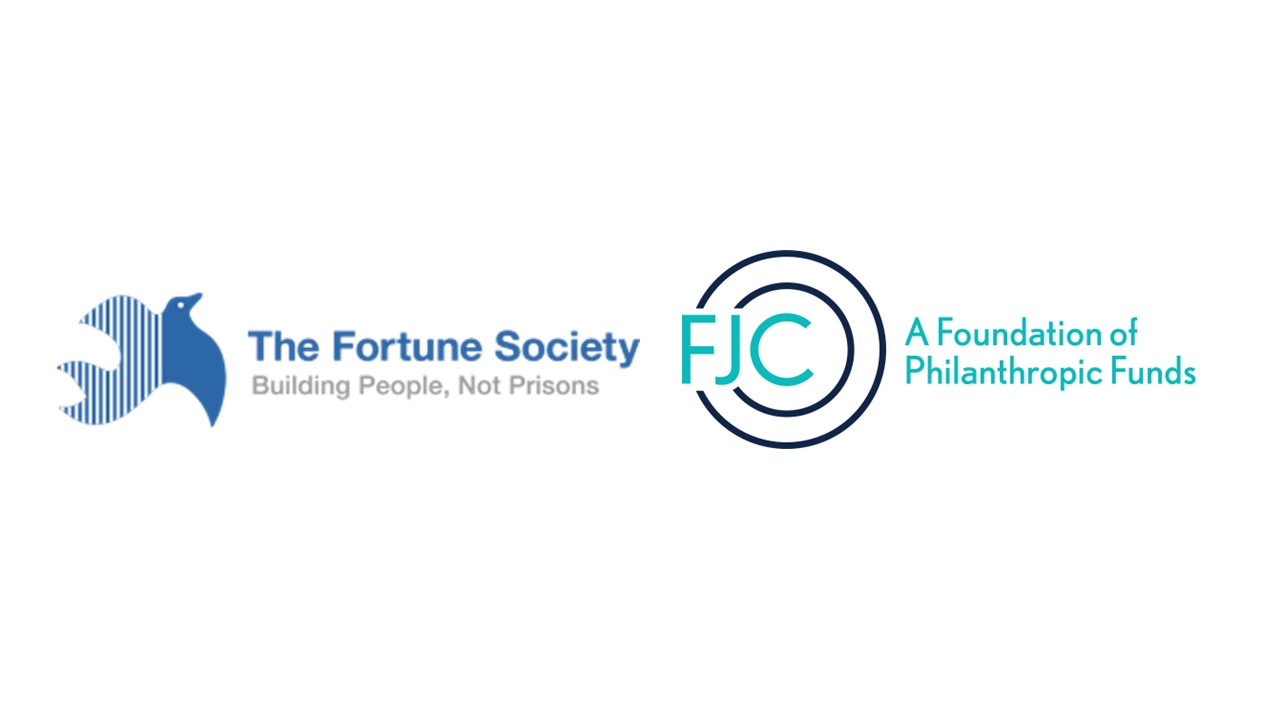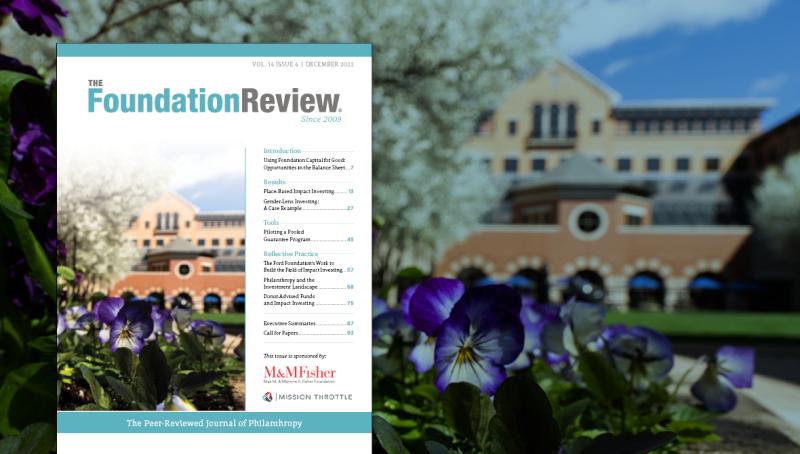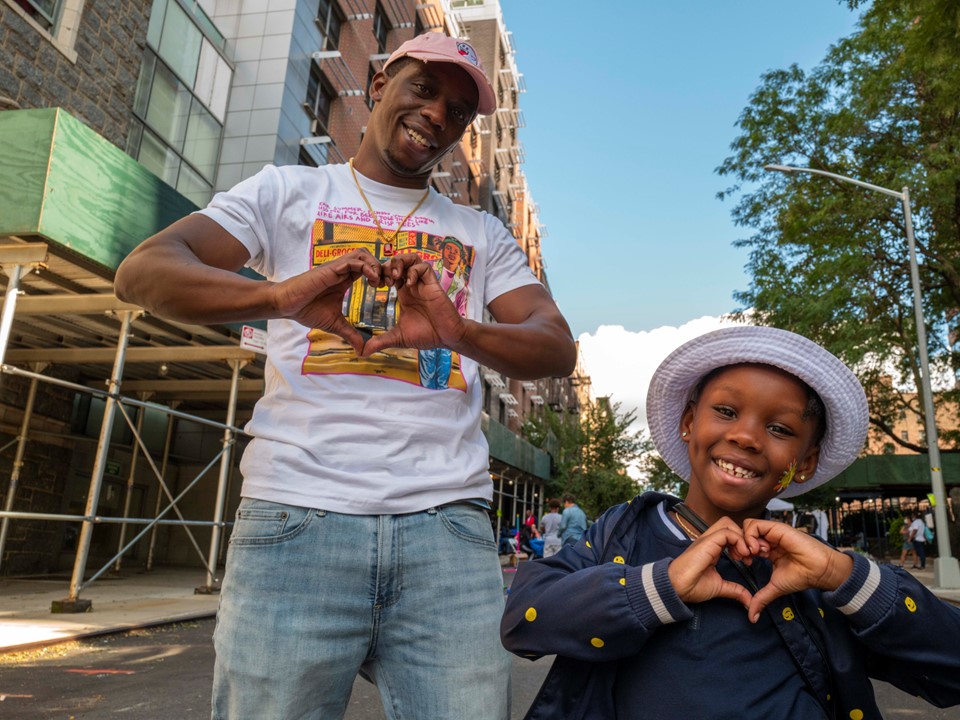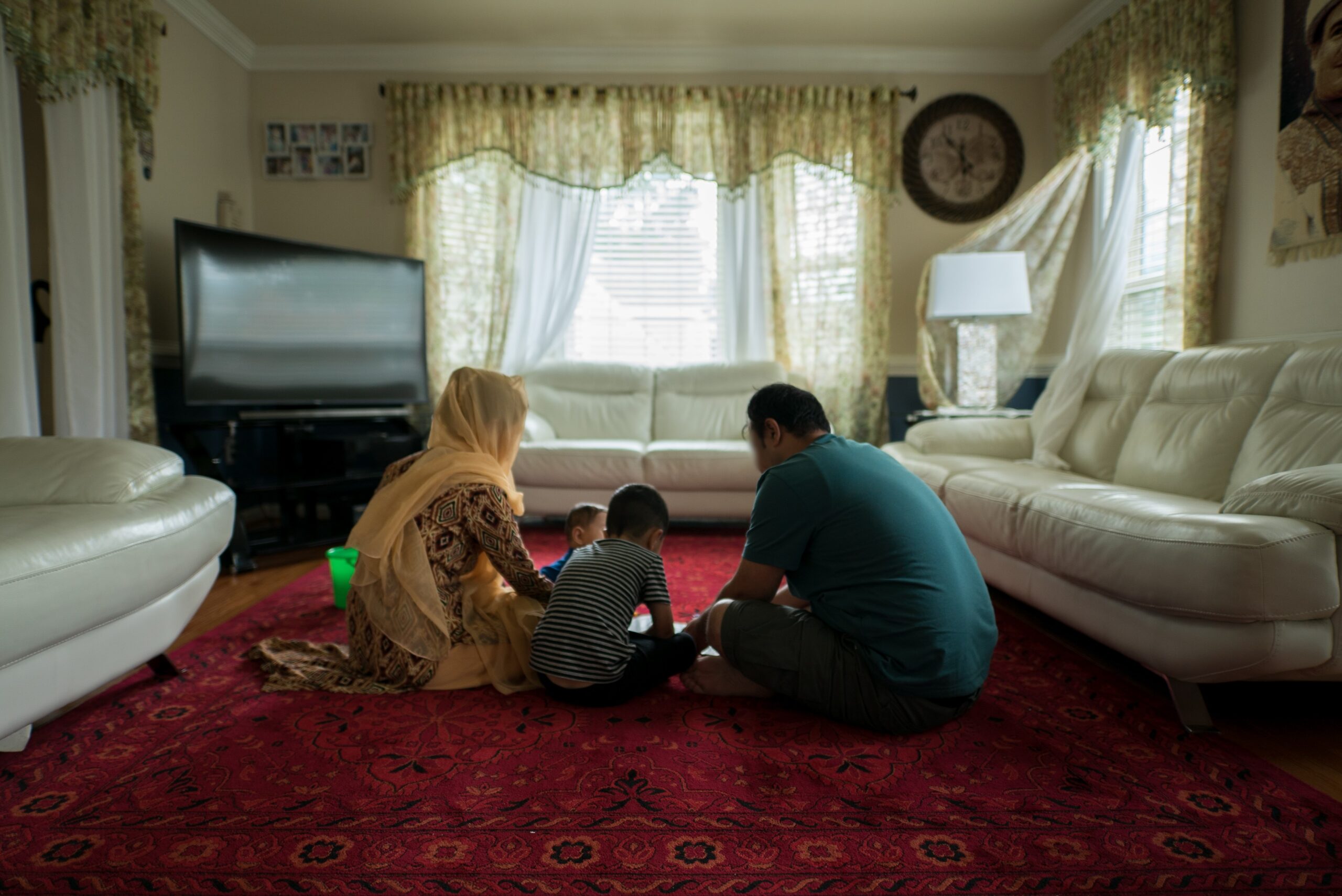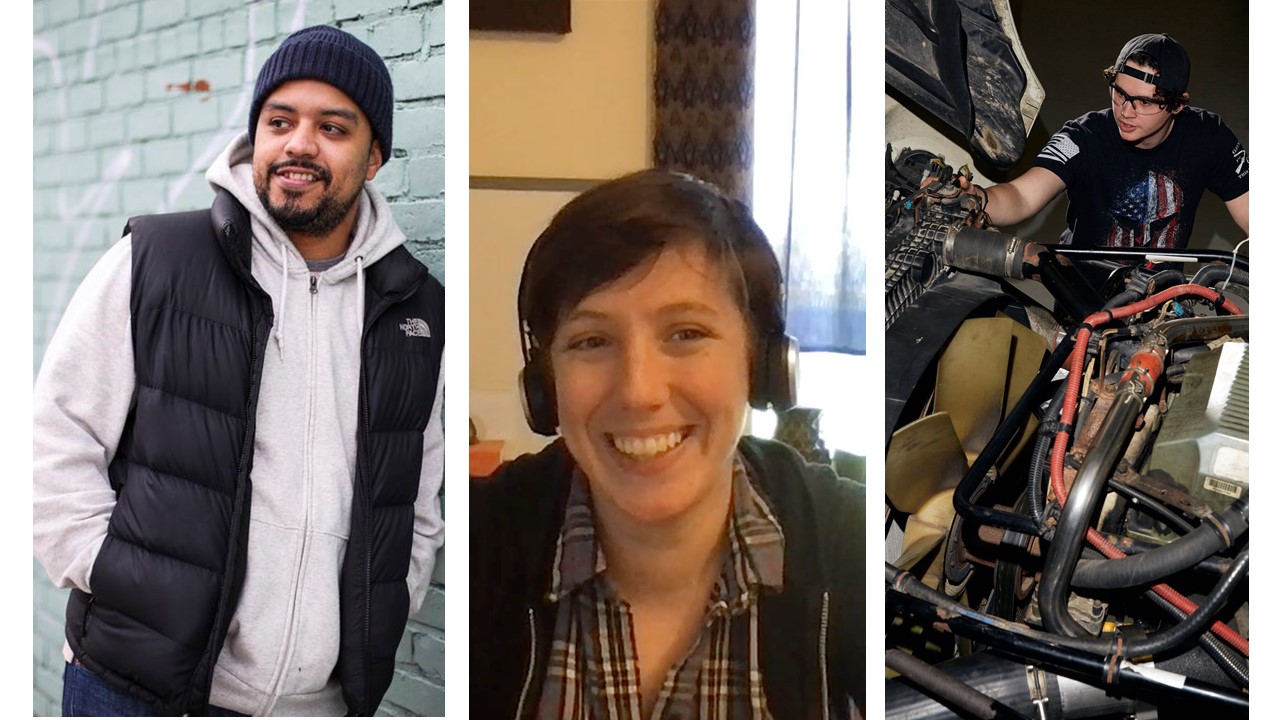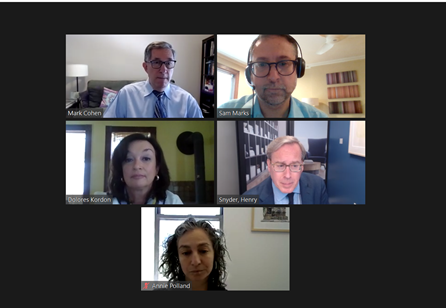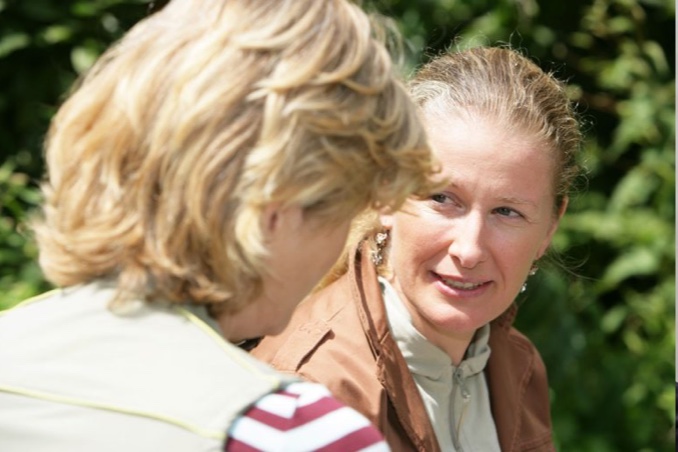PRESS RELEASE – Organization teams up with FJC to create a Donor Advised Fund to support new supportive housing developments in New York City
Finding housing options to support the successful reentry of formerly incarcerated people back into society is no easy task. Homelessness remains a significant challenge for those coming out of prison and jail – especially here in New York City.
That’s why The Fortune Society, a nonprofit organization that empowers homeless, formerly incarcerated individuals and their families to build better futures through supportive and affordable housing, is working together with FJC – A Foundation of Philanthropic Funds (FJC) – to create a fund that will enable The Fortune Society to initiate these complex housing development projects.
For more information on this initiative, please visit our FAQ page.
The initiative bridges people across a vast array of inequality – some of the most vulnerable New Yorkers and New Yorkers whose wealth allows them to set aside funds specifically for philanthropic purposes – in Donor Advised Fund accounts.
Nonprofit organizations face a significant gap in available financing relative to for-profit companies. While they want to be entrepreneurial, they can’t raise equity in the same way as private companies. The Fortune Society, which wants to develop more supportive housing options for its target population, often faces challenges moving quickly to initiate these kinds of projects. To have a competitive chance, the organization must pull cash from its operating budget to cover pre-development expenses. At the same time, wealthy individuals have significant resources invested in stocks and bonds, hedge funds, and philanthropic assets.
“This opportunity creates a solution to meet an urgent social need,” said JoAnne Page, CEO of The Fortune Society. “We currently do not have a source of ready money that can be put down up front for housing development. This collaboration would be a lasting solution to this problem.”
FJC, a sponsor of Donor Advised Funds, is providing a structure where multiple individuals who support The Fortune Society’s mission can pool their philanthropic dollars together to help the organization cover the pre-development costs to initiate these capital-intensive housing projects.
“The Fortune Society and FJC are collaborating to demonstrate how these individuals can provide the kind of catalytic “equity-like” capital that nonprofits can use to move major real estate development projects forward,” said Sam Marks, CEO of FJC. “This effort will harness large capital commitments from public and private sources to help the organization fulfill its mission.” The revolving nature of the fund is intended to give The Fortune Society the resources it needs throughout the life of the fund to act aggressively in pursuit of mission-critical real estate development opportunities and finance up-front costs. The goal is to recycle these philanthropic dollars multiple times for multiple initiatives, and to leverage the money along with other resources to create a long-term impact.
The DAF sector has grown rapidly in recent years, but also come under criticism for aggregating philanthropic capital without quickly deploying it. This initiative showcases the flexibility of DAFs and the creative ways they can be used to advance an organization’s mission.
“FJC has creatively enabled individual DAF account holders to be meaningful partners in mobilizing resources to create desperately needed affordable housing,” said Gary Hattem, the former Head of Global Social Finance at Deutsche Bank. He joins Theodore Huber and A to Z Impact as some of the first donors of this initiative.
At the end of a five-year term, all the funds will remain charitable by the conversion to flexible DAF accounts, which can be deployed as grants to nonprofits as the donors see fit or remain with The Fortune Society for use as the organization deems necessary for its critical work.
“This kind of revolving fund will allow The Fortune Society to finance up-front costs related to mission-driven affordable housing projects, giving the organization a chance to act quickly and nimbly when opportunities arise,” said Page. The Fortune Society is currently in the pre-development stage as a first venture of this fund through the proposed Just Home initiative, a project to house New Yorkers with complex medical needs after they leave jail on the campus of NYC Health + Hospitals/Jacobi in the Bronx. Donors are excited about the prospect of seeing the fruition of the work live on for generations to come.
For more information on this initiative, please visit our FAQ page.
About The Fortune Society
Founded in 1967, The Fortune Society has advocated on criminal justice issues for over five decades and is nationally recognized for developing model programs that help people with criminal justice histories to be assets to their communities. The Fortune Society offers a holistic and integrated “one-stop-shopping” model of service provision. Among the services offered are discharge planning, licensed outpatient substance abuse and mental health treatment, alternatives to incarceration, HIV/AIDS services, career development and job retention, education, family services, drop-in services, and supportive housing as well as lifetime access to aftercare. For more information, visit www.fortunesociety.org.
About FJC
FJC is a boutique public charity that offers a diverse menu of philanthropic services to a range of stakeholders. With over $380 million under management, its over 1,000 accounts include Donor Advised Funds (DAFs), fiscal sponsorships, collective giving accounts, revolving funds, and many other philanthropic vehicles. FJC acts as an intermediary between the financial services sector and the nonprofit sector, enabling nonprofit organizations and their supporters to focus on their missions, rather than be burdened with the details of operations and compliance.
##
